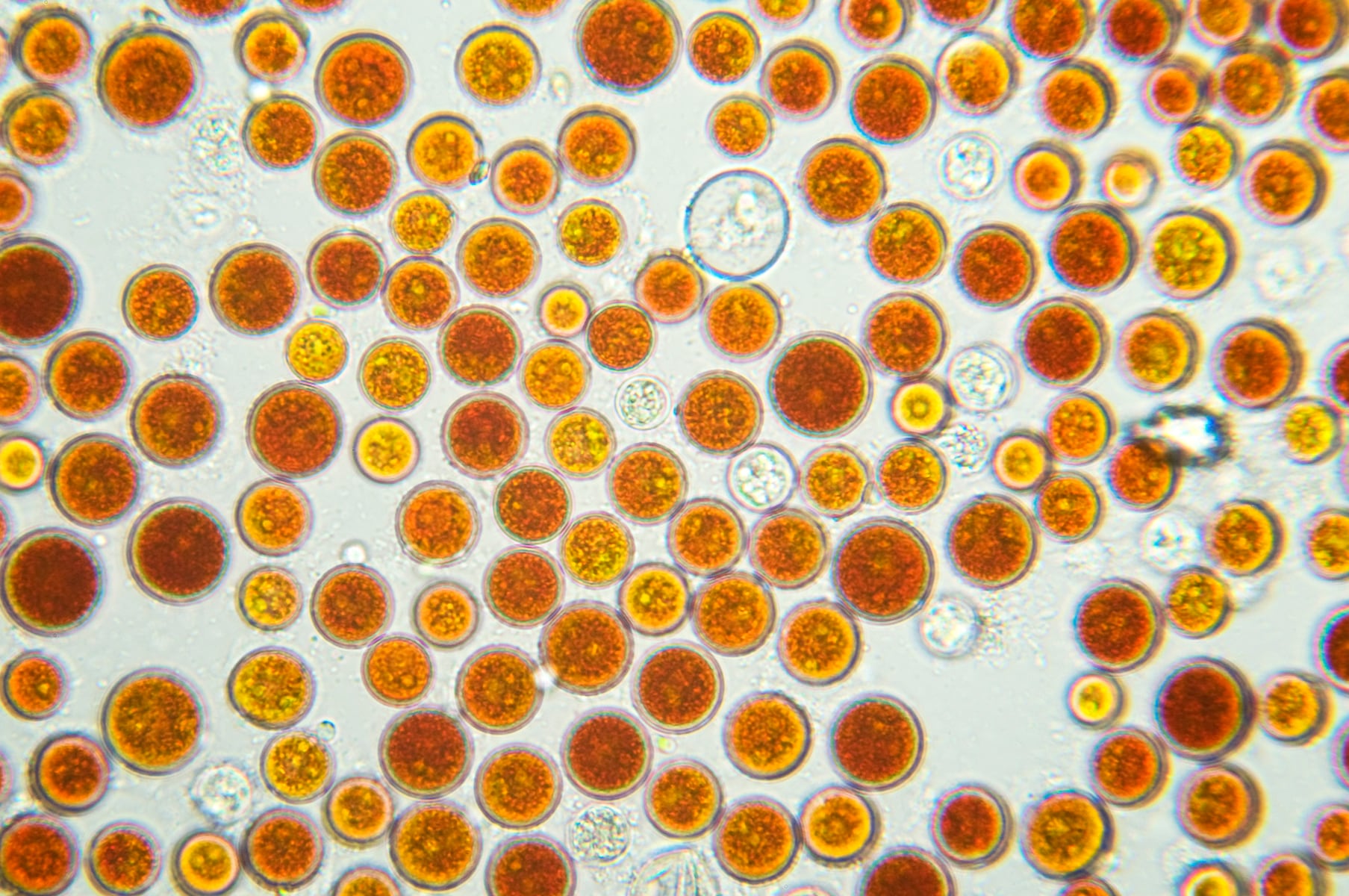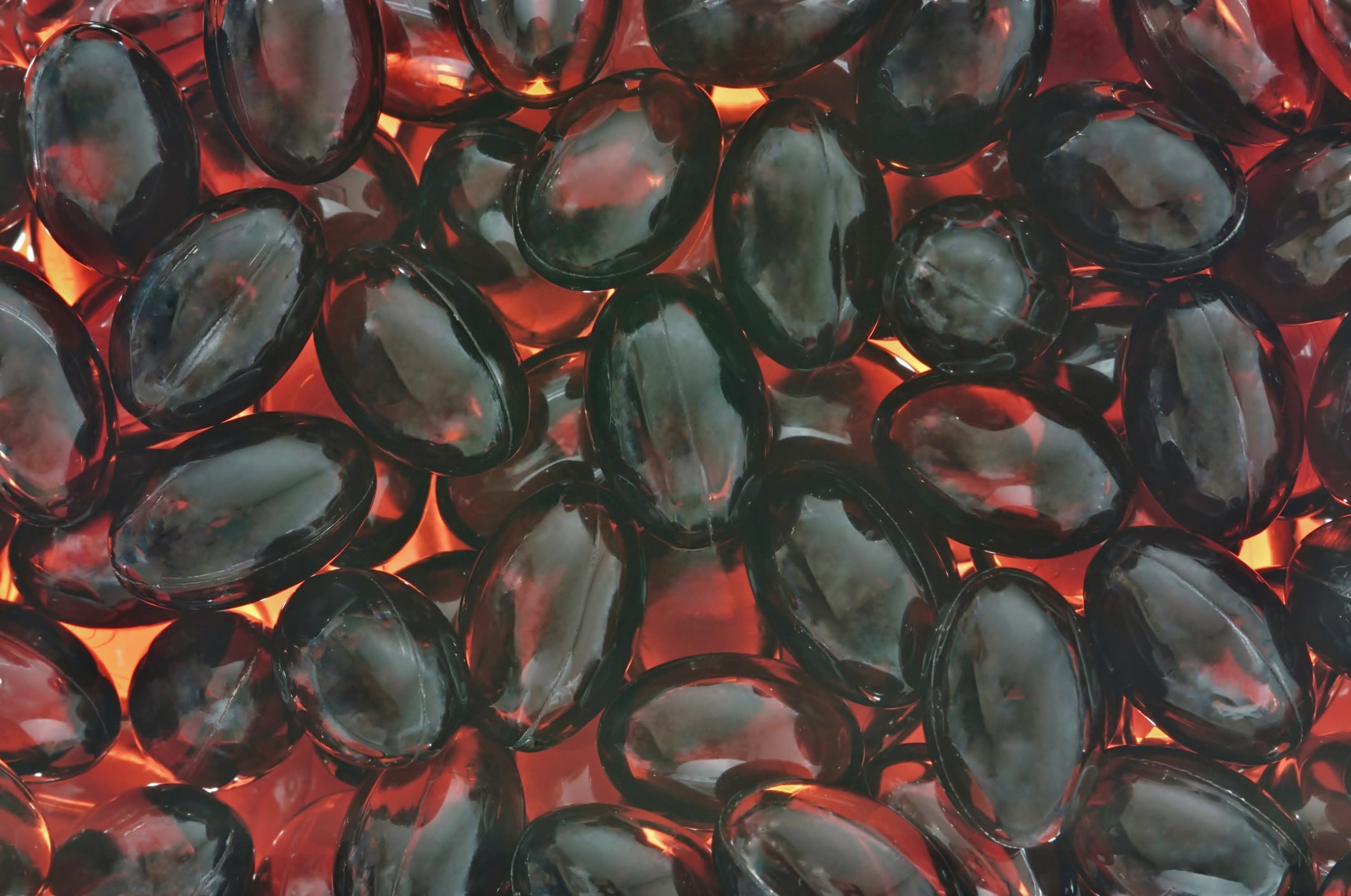Data published in Probiotics and Antimicrobial Proteins indicated that using Akkermansia as a carrier for astaxanthin also increased bioaccessibility simulated small intestinal fluid by 26-fold and improved the thermal stability of astaxanthin, reported scientists from Zhejiang Gongshang University.
“Notably, the [astaxanthin-Akkermansia] system retained strong adhesion to in vitro intestinal mucus layers, with astaxanthin loading having no adverse impact on the mucoadhesive properties of [Akkermansia],” they wrote.
“The results demonstrate the potential of [Akkermansia] cells as a natural encapsulation platform for the delivery of various bioactive compounds with intestinally targeted release properties. The [Akkermansia]-integrated dietary supplement presents a promising strategy for targeted nutrient delivery to the intestine with high bioaccessibility and synergistic health effects.”
Astaxanthin
Astaxanthin is a reddish carotenoid with powerful antioxidant activity that is sourced from the microalga Haematococcus pluvialis. The ingredient can also be produced synthetically, much of which is used in aquaculture to give farmed salmon a richer pink color.
It has been studied for its antioxidant, anti-inflammatory, eye health benefits, cardioprotective properties, immune system modulatory activity and neuroprotective activities, and demand for astaxanthin supplements has grown over the years as more science emerges to support its benefits.
The carotenoid’s potential benefits for athletic performance have been studied in various trials over the years, and astaxanthin has long had a dedicated following among the long-distance runner and triathlete communities.
However, according to the Chinese researchers, astaxanthin has some limitations, including “poor water solubility, low bioavailability and sensitivity to environmental factors.”
The new study explored the use of Akkermansia muciniphila as a novel carrier for the carotenoid, and other important bioactives, they stated.
Study details
The Zhejiang Gongshang University researchers investigated three techniques to load the astaxanthin into the live and heat-treated (pasteurized) Akkermansia: osmoporation loading, immersion loading and vacuum loading. The best results were obtained for the immersion loading method, which yielded an astaxanthin encapsulation efficiency of over 10 μg/mg.
Akkermansia is known to produce nutrients that nourish the intestinal cells responsible for producing the intestinal mucus layer, which plays a key role in maintaining healthy intestinal barrier function, controls gut permeability and reduces low-grade inflammation in the gut. Additional tests showed that astaxanthin encapsulation did not impair Akkermansia‘s ability to adhere to the mucus layer.
“Therefore, the newly developed integrated dietary supplements have both the functional activity of inactivated [Akkermansia] as a postbiotic and the antioxidant property of the intestine-targeted released [astanxathin], showing dual-functional activities,” the researchers wrote.
“These findings highlight a paradigm shift in the functional application of probiotics, showcasing their potential as innovative vehicles for targeted nutrient delivery with improved bioaccessibility and synergistic health effects.”
Akkermansia
Akkermansia muciniphila is a Gram-negative, anaerobic bacterium that colonizes the gut during the first year of life. The bug reportedly accounts for about 3% of the human gut microbiota, and its abundance in the intestinal mucus layer is inversely correlated with BMI, type 1 diabetes and bowel disease in humans.
Source: Probiotics and Antimicrobial Proteins. doi: 10.1007/s12602-025-10572-9. “New Horizons of Astaxanthin-loaded Akkermansia muciniphila as an Integrated Dietary Supplement: Physicochemical Structures and Gastrointestinal Fate”. Authors: X.K. Ma, et al.





